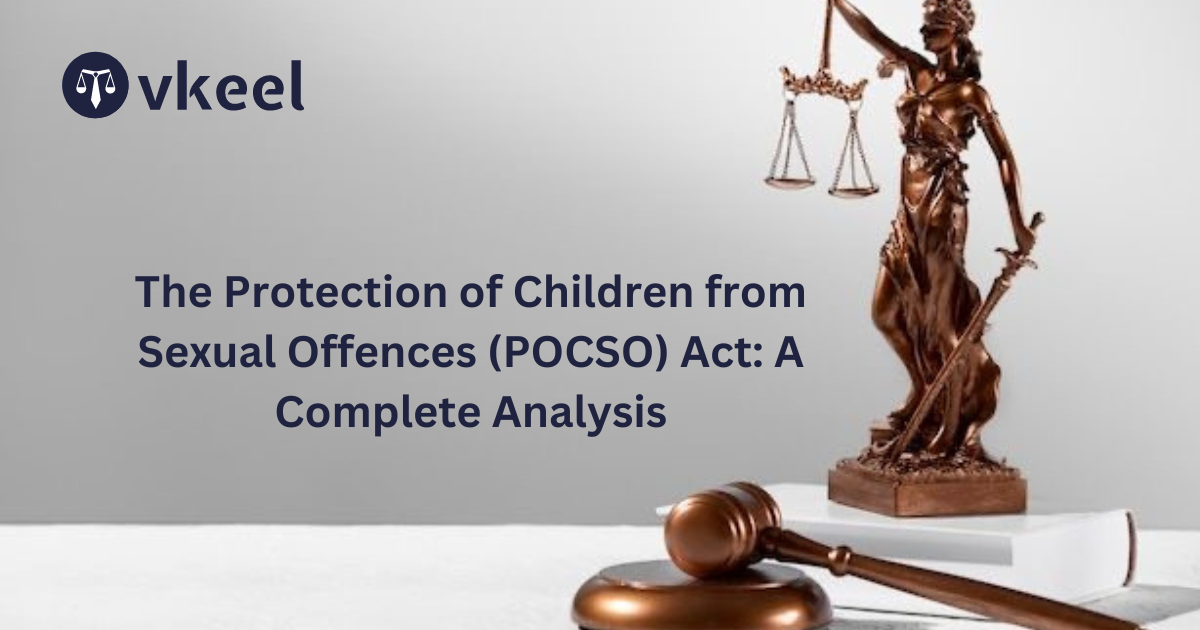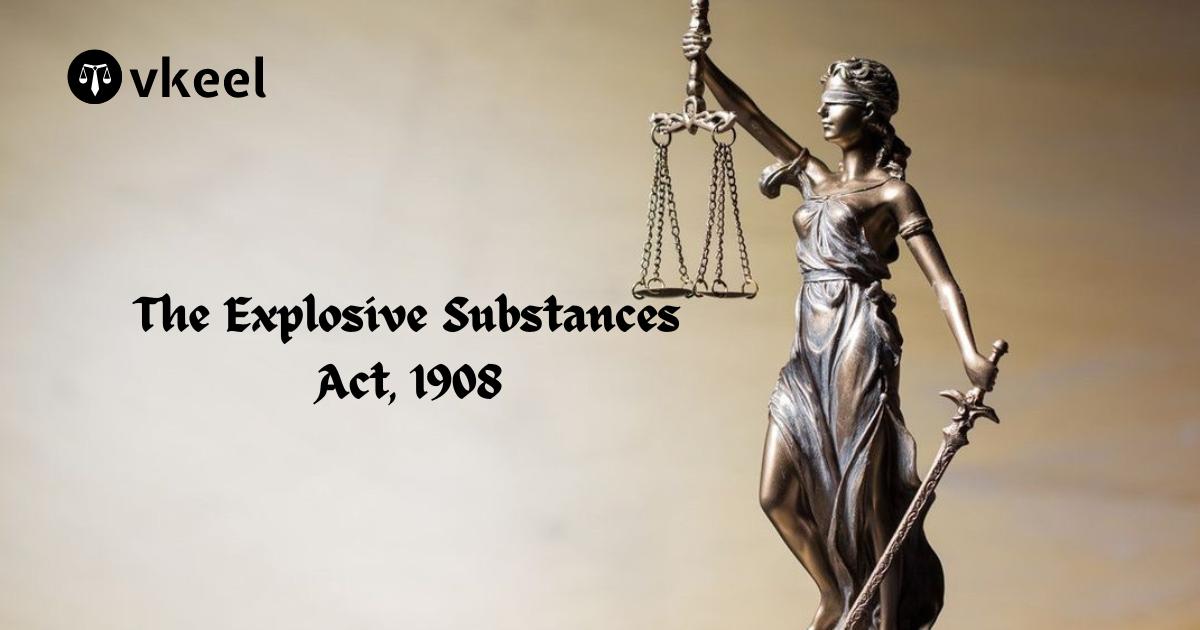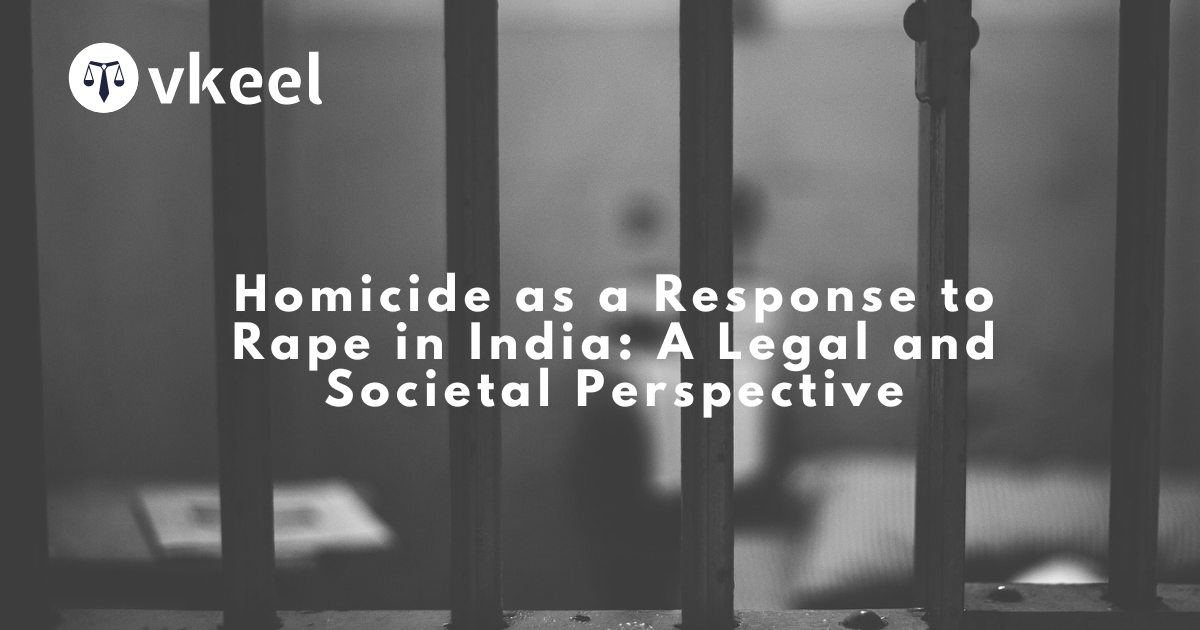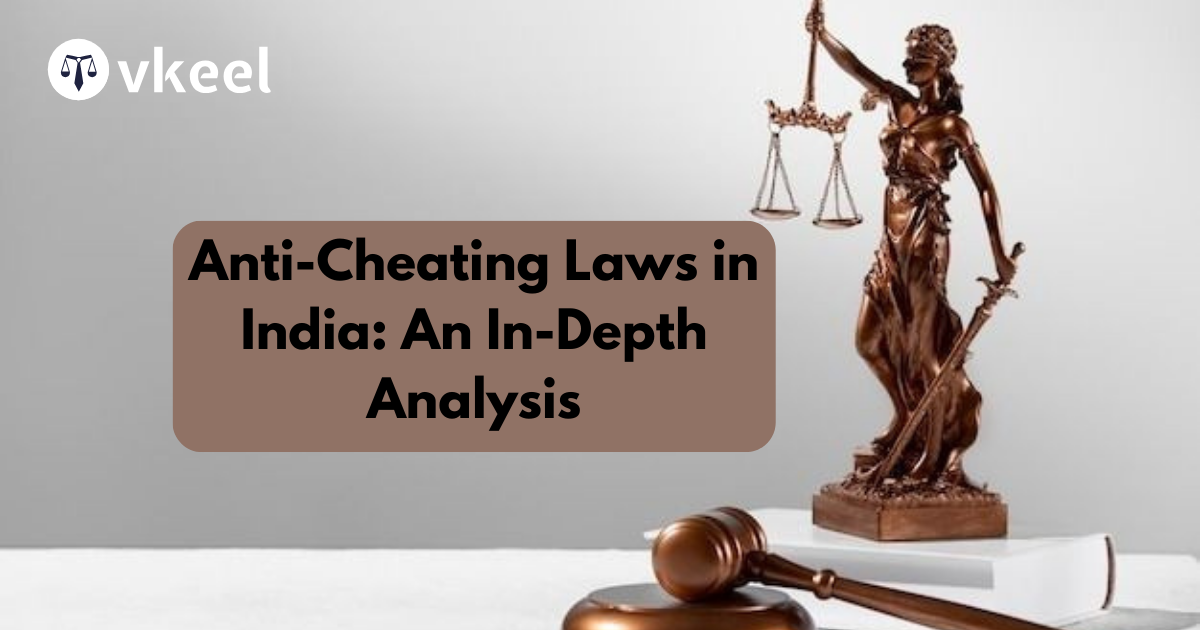The Protection of Children from Sexual Offences (POCSO) Act: A Complete Analysis
By Himanshu Kumar
Table of Contents
Introduction
The Protection of Children from Sexual Offences (POCSO) Act, enacted in 2012, marks a significant legislative effort by the Indian government to address the rising concerns over child sexual abuse. This comprehensive law provides a robust legal framework for the protection of children from sexual offences, ensuring their safety and dignity. The POCSO Act covers a wide range of offences, establishes special courts for trial, and mandates stringent punishments for the perpetrators.
This article delves into the key provisions of the POCSO Act, significant case laws, and subsequent amendments that have strengthened its enforcement.
Key Provisions of the POCSO Act
The POCSO Act defines a child as any person below the age of 18 years and classifies sexual offences into various categories, including:
Penetrative Sexual Assault: Defined under Section 3, this includes acts of penetration, whether it is sexual intercourse or insertion of objects.
Aggravated Penetrative Sexual Assault: Section 5 details offences committed by persons in positions of trust or authority, such as family members, police officers, teachers, and others.
Sexual Assault: Section 7 defines sexual assault as non-penetrative acts, including touching with sexual intent.
Aggravated Sexual Assault: Section 9 outlines circumstances that increase the gravity of the offence, such as assault by a person in a position of trust or repeated offences.
Sexual Harassment: Section 11 covers acts like showing pornography, making sexual remarks, and other forms of sexual harassment.
Using a Child for Pornographic Purposes: Section 13 criminalizes involving a child in pornographic activities.
Procedure and Special Courts
To ensure swift justice, the POCSO Act mandates the establishment of Special Courts under Section 28. These courts are designed to handle cases related to child sexual abuse exclusively, ensuring a child-friendly environment. Additionally, the Act prescribes a child-friendly approach during the recording of statements and the trial process. Section 33 mandates that the Special Court should complete the trial within one year from the date of taking cognizance of the offence.
Mandatory Reporting and Presumption of Guilt
Under Section 19, the Act requires mandatory reporting of child sexual abuse. Any person, including staff of hospitals, schools, and child care institutions, is obligated to report any suspected abuse. Failure to do so can result in legal consequences. Furthermore, Sections 29 and 30 of the Act shift the burden of proof to the accused in certain circumstances, aiding in the conviction process.
Case Laws Under the POCSO Act
Several landmark judgments have shaped the interpretation and implementation of the POCSO Act:
State v. Raj Kumar (2016)
This case underscored the importance of a child-friendly trial. The Delhi High Court held that the testimony of a child victim cannot be discredited merely on account of minor discrepancies.
Alakh Alok Srivastava v. Union of India (2018)
This Public Interest Litigation (PIL) led to the Supreme Court directing the Central Government to set up a database of sexual offenders and ensure the effective implementation of the POCSO Act across states.
Bijoy v. State of West Bengal (2017)
The Calcutta High Court emphasized the need for a sensitive approach in handling child victims and reiterated that their testimony should be considered with the utmost seriousness, given the psychological trauma they endure.
Independent Thought v. Union of India (2017)
A landmark judgment where the Supreme Court read down the exception to Section 375 of the Indian Penal Code (IPC) that allowed marital rape of girls between the ages of 15-18, aligning it with the POCSO Act’s definition of rape and penetrative sexual assault.
Amendments to the POCSO Act
Recognizing the evolving nature of crimes against children and the need for more stringent measures, the POCSO Act has been amended to enhance its efficacy:
2019 Amendment: The most significant amendment came in 2019, which introduced several critical changes:
- Enhanced Punishments: The amendment increased the minimum punishment for penetrative sexual assault from 7 years to 10 years, which can extend to life imprisonment or death penalty in cases of aggravated penetrative sexual assault.
- Child Pornography: New provisions were introduced to specifically address child pornography, including punishments for storing, sharing, and distributing child pornographic material.
Victim Compensation Scheme: The amendment also mandated the establishment of a Victim Compensation Fund to ensure financial aid and rehabilitation of victims.
Fast-Track Courts: To expedite the trial process, the amendment called for the establishment of fast-track courts specifically for POCSO cases, reinforcing the objective of swift justice.
Challenges and Implementation Issues
Despite the robust framework, the implementation of the POCSO Act faces several challenges:
Underreporting: Cultural taboos, fear of stigma, and lack of awareness often lead to underreporting of child sexual abuse cases.
Delays in Justice: Although the Act mandates speedy trials, delays are still prevalent due to overburdened courts and inadequate infrastructure.
Victim Protection: Ensuring the safety and psychological well-being of child victims during and after the trial remains a significant challenge.
Training and Sensitization: There is a need for continuous training and sensitization of police, judiciary, and medical professionals to handle child sexual abuse cases effectively.
Conclusion
The POCSO Act stands as a critical legislative measure in India’s fight against child sexual abuse. Its comprehensive provisions and stringent punishments reflect the seriousness with which the Indian legal system views these offences. Landmark case laws have further clarified and strengthened its implementation, while amendments have ensured that the Act evolves to meet contemporary challenges. However, effective implementation, increased awareness, and societal change are essential to fully realize the protective framework that the POCSO Act envisions. Ensuring justice for child victims and creating a safer environment for them is a collective responsibility that extends beyond the legal framework to the very fabric of society.
Disclaimer:
The information provided in the article is for general informational purposes only, and is not intended to constitute legal advice or to be relied upon as a substitute for legal advice. Furthermore, any information contained in the article is not guaranteed to be current, complete or accurate. If you require legal advice or representation, you should contact an attorney or law firm directly. We are not responsible for any damages resulting from any reliance on the content of this website.







